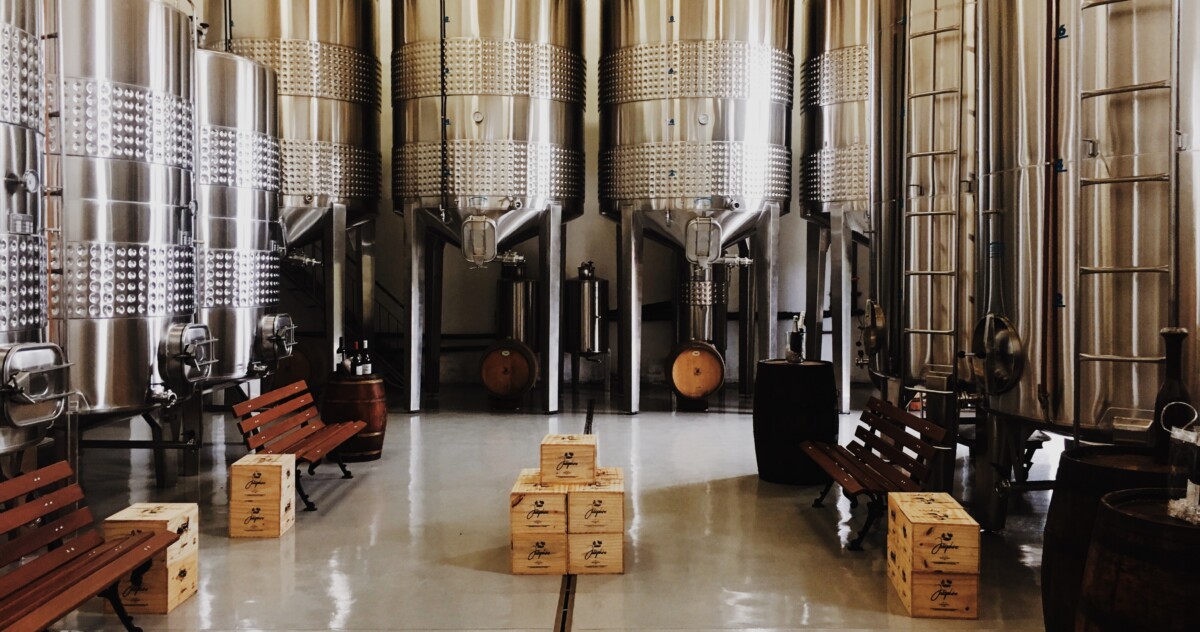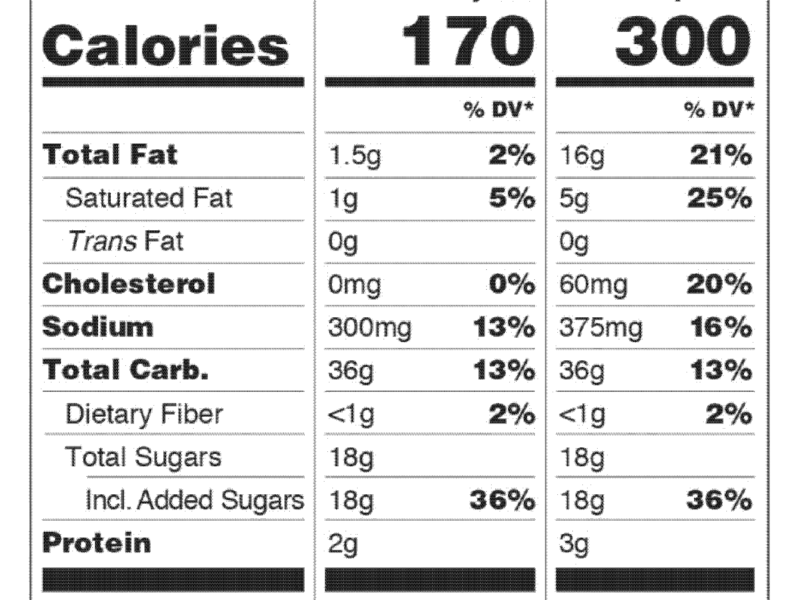
Today the FDA issued a notice to remind food processing, storage, and handling facilities that the window opens tomorrow, October 1 to renew your FDA food facility registration and that you need to get it done between October 1 and December 31. You can register online here.
Wait, I already registered when I established my business! I have to register again?? Yes. Unless you are eligible for an exemption, you have to renew your registration every two years, counted on even years. I know lately each year looks like the last, but I’m here to tell you that it’s 2022.
Not me, I don’t make food! Breweries, wineries and distilleries, I’m looking at you. Most makers of beverages, including alcoholic beverages, also have to register as FDA food facilities unless an exemption applies. Under the law, beer, cider, mead, wine, and even spirits are food. But we knew all along that negronis should fit into one of the five food groups, didn’t we?
Great. Exemption. Do I qualify for one? Well, if you qualify as a retail food establishment then lucky you, you don’t have to register.
But the FDA’s definition of a retail food establishment is relatively narrow. A retail food establishment is one whose primary function is sell food directly to consumers.
“A retail food establishment’s primary function is to sell food directly to consumers if the annual monetary value of sales of food products directly to consumers exceeds the annual monetary value of sales of food products to all other buyers. The term “consumers” does not include businesses. A “retail food establishment” includes grocery stores, convenience stores, and vending machine locations. A “retail food establishment” also includes certain farm-operated businesses selling food directly to consumers as their primary function.”
27 C.F.R. § 1.227
This “primary function” language is important – and you don’t want to get caught flitting around it. If more than fifty percent of your sales of food products (including beer, wine, cocktails, cider, etc.) are to anyone other than the end consumer – and that includes sales to distributors, to retail shops, or to the state of Vermont – then retail is probably not your primary function and you are likely required to register.
Rats. Are there any other exemptions? Yes. If you make food out of a primary residence, you do not have to register as a food facility, but do ensure that you have procured the proper Vermont license unless you qualify for the de minimis exemption, explained here. (But for the love of cocktails, I hope you’re not distilling spirits in your house, apartment, garage, woodshed, or anything else that is a part of your home. Not even for your own consumption. Just don’t.) If you are a farm or a sugarmaker, you may qualify for an exemption from registration, depending on your activities. If you are a very small business (less than $1m in revenue or less than $500K in revenue depending on other circumstances) you still have to register, but you may be exempt from some of the more onerous requirements of the Food Safety Modernization Act. To secure this exemption, though, you have to make a filing either when you start your business or by July 31 of the applicable year.
Registering your facility with the FDA is not complicated or difficult and it’s something you can do for yourself. But it is important to note that if you are required to register with the FDA, you are also subject to inspections by the FDA. Such inspections are still relatively new to alcoholic beverage makers in particular, but it is imperative that every brewery, winery and distillery is prepared and compliant for the day when the FDA comes to visit. And the rest of you food makers need to be ready, too.
While it make take years for the FDA to come round to inspect your facility, you should know that FDA inspections are serious business. Inspections can be extensive – they always include a review of not just your facilities, but your records as well, and they often include the dreaded “swab-a-thon” that can make any cucumber sweat. The penalties for failing an inspection can fall anywhere on the spectrum from small to serious. The FDA may just issue a letter requesting that you to make corrections and in many cases, they’ll schedule a re-inspection to check that you have indeed made them. But if the infraction is serious, they can also compel you to destroy your product, partially or completely shut down your business, and in very severe circumstances, seek criminal prosecution and fines. But this is no reason to panic, just reason to be prepared.
Alcohol beverage makers, in particular, should be aware that while they think they are following the best practices in the industry, many times manufacturers have been issued citations for policies and procedures that seem to apply more to bakers or jam makers than, say, brewers. For example, alcohol beverage makers have been cited by the FDA because their employees failed to wear hairnets over their beards, or because there was insufficient light in the bathrooms, or because hops, grain, grapes or other ingredients were improperly stored. Some things are obvious, like employees washing their hands before handling ingredients, properly cleaning and sanitizing equipment and controlling pests, but other matters may be less intuitive, like: how often you have to test your water supply or how you have to manage your spent grain (though the requirements for this are not as tight as the FDA threatened to make them some years ago). Just be sure you’re up to date on and comply with the Current Good Manufacturing Practices appropriate for your product and that you have complied with the FSMA requirements that apply to your business.
If you have any questions about whether you need to register with the FDA as a food facility, you can call me at 802-658-0220 or e-mail me at claraeperez@gravelshea.com.




